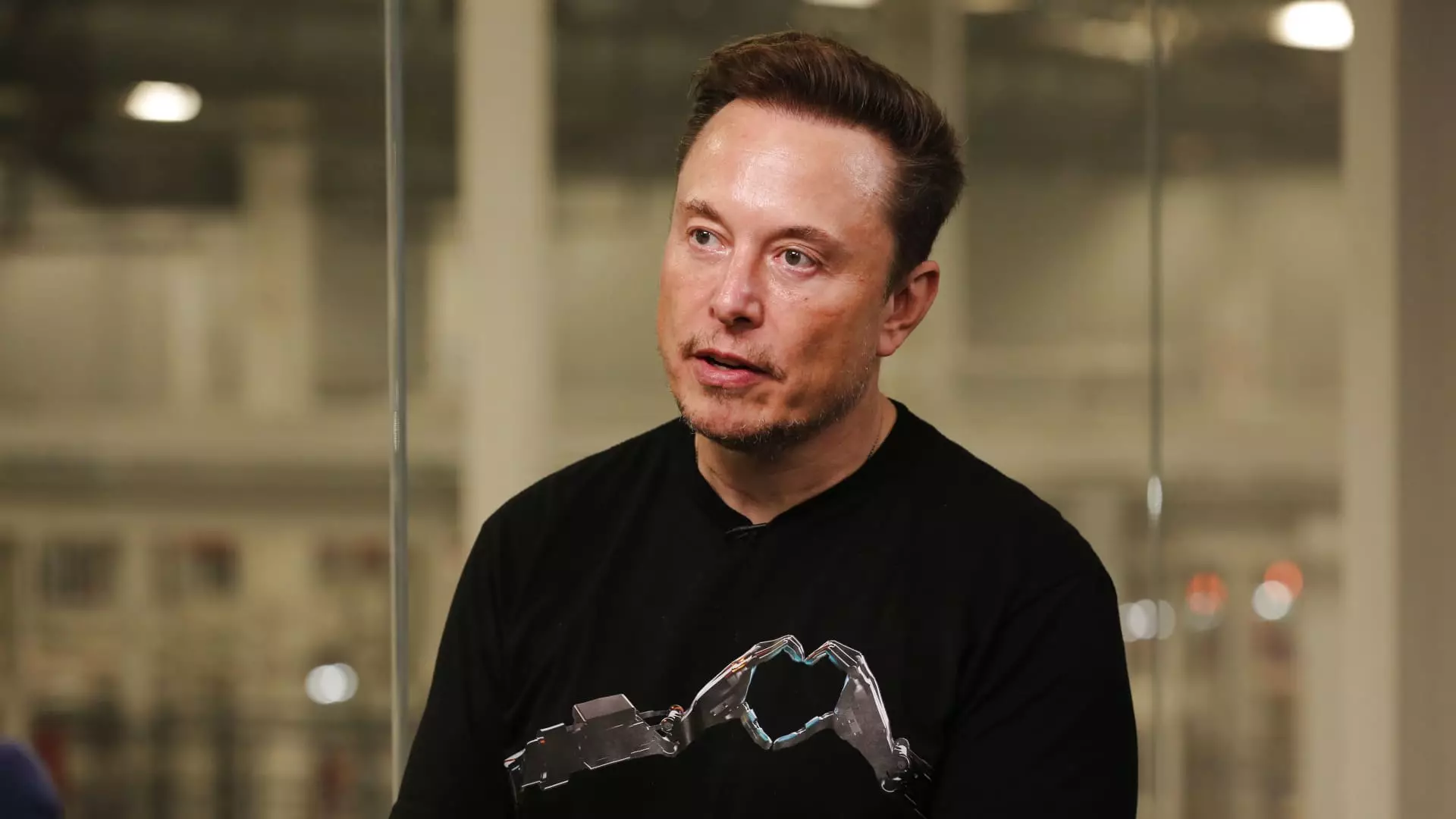The recent resignation of Marko Elez from the Department of Government Efficiency (DOGE), a team operating under tech mogul Elon Musk, has ignited significant controversy. This incident highlights the pivotal role technology leaders play in governmental functions and the implications of their personnel choices. The Wall Street Journal reported on Elez after establishing a connection between him and a recently deleted social media account that espoused racist and eugenic views. Such revelations prompt an assessment of the impact of individual employees on public perception and the credibility of governmental initiatives.
Elez’s past associations, particularly his prior involvement with a social media account named @nullllptr, raise profound questions about his role in government functions. Despite his appointment as a special government employee and recent approval for access to a federal payment system, Elez’s connection to inflammatory rhetoric has cast a shadow over the operations of the DOGE. The account, which previously bore the username @marko_elez, exhibited a troubling pattern of posts advocating for division and hatred. Comments made by this account—including derogatory statements concerning ethnic groups—underscore the potential risks of employing individuals with such ideologies in sensitive government roles.
With Musk advocating for radical changes in federal spending, the integrity of his team’s composition becomes crucial. Observers may question whether a focus on operational efficiency can compromise ethical standards. Treasury Secretary Scott Bessent’s assurance of the professionalism within the DOGE team suggests an attempt to bolster the team’s credibility amid the allegations. However, when an individual within a highly visible initiative exhibits extreme views, it can overshadow achievements and disrupt the organization’s mission entirely.
This situation illustrates a broader issue regarding accountability in high-profile governmental projects. In an era where social media platforms serve as both personal spaces and professional exhibition grounds, the behavior exhibited online can directly impact public trust in government initiatives. The termination of an employee under scrutiny reveals the challenges leaders face when balancing transparency with competent governance.
As the situation surrounding Elez continues to unfold, it is imperative for government organizations to implement rigorous vetting processes for personnel associated with high-stakes projects. The revelations about Elez’s former social media activity serve as a cautionary tale for those in power, emphasizing the necessity for vigilance over both the qualifications and the values of team members. The DOGE’s future effectiveness may depend not just on its operational capabilities but also on the integrity of its people, ensuring that they reflect the principles of diversity, equity, and inclusion that contemporary society demands.
The resignation of Marko Elez from the DOGE illustrates not just a failure of individual judgment, but also raises critical reflections on the intersection of technology, politics, and societal values. As the landscape of government efficiency initiatives evolves, this incident underscores the pressing need for ethical alignment within leadership teams to foster public confidence and avoid reputational damage.


Leave a Reply